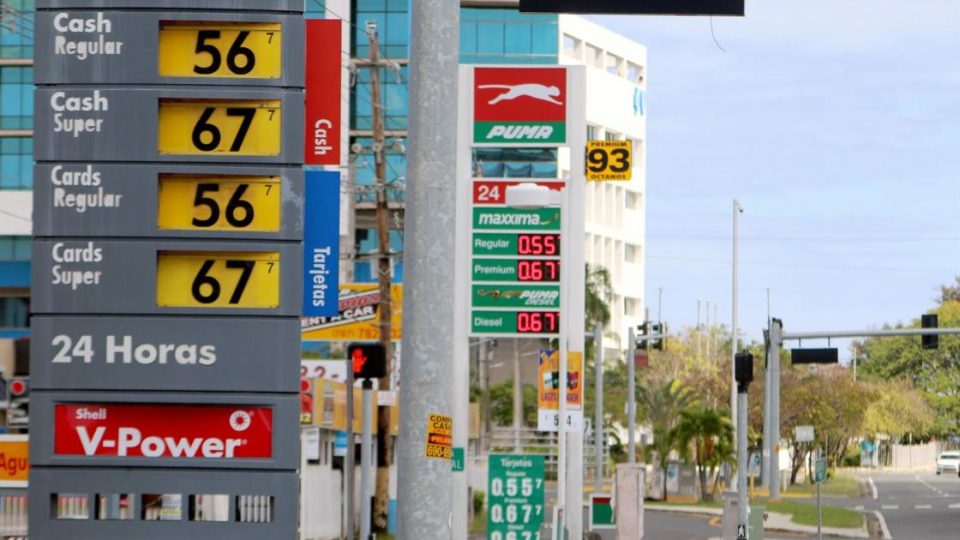The Gasoline Retailers Association (Adgpr by its Spanish initials) claimed a victory by getting Act No. 3 of March 21, 1978—which regulates the gasoline industry in Puerto Rico—amended with the approval of Act 60-2020, which reaffirms the public policy that prohibits the direct operation of the oil companies in the gas stations.
The changes achieved would be beneficial for both gas station owners and consumers, because retailers will be free to choose which products they can sell and their prices, contrary to the old regulations that allowed wholesalers make these decisions, affecting healthy competition, profit margins, and cost to the consumer.
“With this law, level competition between wholesalers and retailers is guaranteed, and public policy is advanced to maintain broad competition in the retail sale of gasoline, avoiding the operation of oil producers at gasoline stations. Competition has to be balanced, because if it is not, capital, jobs, and the consumer are affected. Before, fuel prices for retailers were different by area and will now be uniform. Another factor was that we could not have the necessary supply in times of emergency—products such as alcohol and masks—if the wholesalers did not approve it. Now we can sell the products and brands that the consumer needs,” said Rafael Mercado, president of Adgpr.
Changes in the Law
The amendments include: redefining terms such as oil producer, wholesale distributor, and retail service station to make their roles clear; in addition to incorporating activities that are now common in a station, such as convenience stores, inspection stations and others.
It also expands the definition of “operational decoupling” that prohibits refiners, oil producers or wholesale distributors from operating retail service stations.
Under the new definition, the activities that would violate the prohibition are clarified, such as imposing, fixing or limiting the profit margin, the retail price of gasoline, the products that can be sold at a retail service station and/or the price at which said products are sold.
It also establishes private cause of action for unfair competition when the Office of Monopolistic Affairs of the Department of Justice does not act on a complaint by a retailer for violation of the terms of the Law.
“Now the wholesaler cannot impose either the price or the type of item to sell at the gas stations. Suppliers may give discounts by volume, which is passed to the consumer, and brands can be chosen. You can put specials and sell what the client needs according to their community. Companies like Puma took advantage of the past law, which was weak and took over stores. If they didn’t sell the brands they wanted, they cautioned retailers or canceled franchises. Now they cannot intervene in the operation of the station, they cannot impose sales criteria,” explained CPA Carl Leyva Ramos, director of Legislative Affairs for Adgpr.
Regarding Costco gas stations, they explained that with the amendments they will be obliged to comply with the new regulations that will no longer benefit them.
“They buy the fuel locally from wholesalers and add the additives here—achieving better prices than the competition—but this is a wholesaler’s action and not a retailer’s as this company is. That is discrimination among retailers. Now they are going to have to operate as retailers,” said the lawyer.
THE WEEKLY JOURNAL tried to get a reaction from Puma, but it could not be reached to comment.


